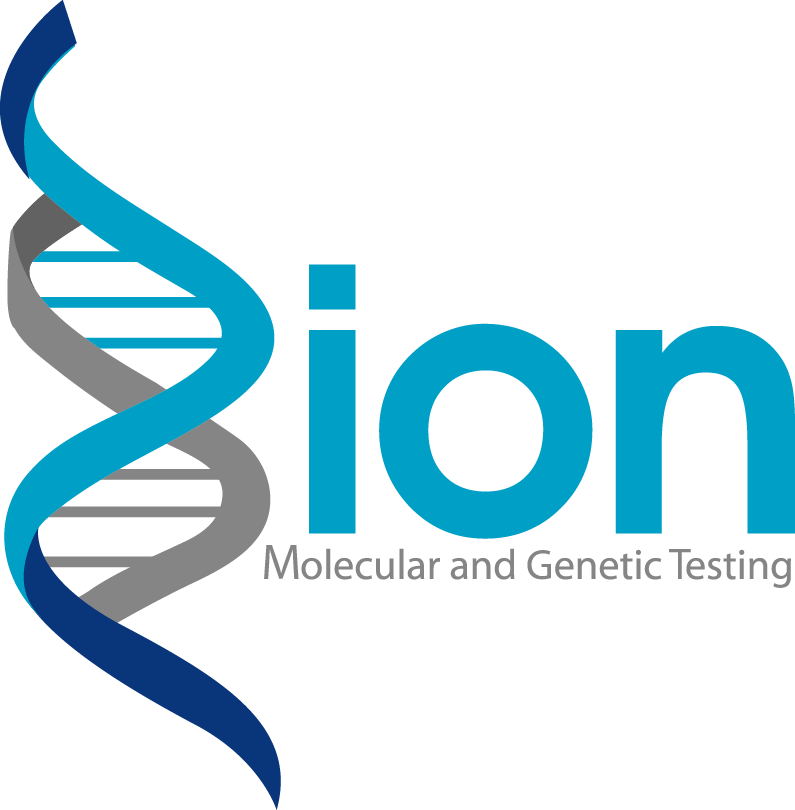
With all this talk of moonshot missions and initiatives, it’s not surprising that the healthcare industry often overlooks one of the greatest barriers to implementing precision medicine.
During a Thursday panel at the MedCity INVEST conference in Chicago, Manoja Lecamwasam of California-based Dignity Health reminded the audience what it’s all about.
As a non-profit hospital and care facility network, Dignity Health is preparing for a future centered around precision medicine, Lecamwasam explained. Early resources have been committed towards training physicians and implementing tools that can deliver actionable data at the point-of-care.
That’s important, she said, because some 80 percent of cancer care has historically been managed through community hospitals. Dignity’s aim is for those patients to have the same access to personalized medicine as those treated at the major centers.
Fellow panelist Paul Billings of the Bethesda Group respectfully disagreed.
“What you’re talking about, in my view, isn’t precision medicine. It’s equitable medicine,” Billing told Lecamwasam. “Precision medicine is that you do the right thing, to the right person, at the right time.”
Five minutes in, it felt like the panelists were debating two different concepts. The vagueries of the term “precision medicine” (or “personalized” for that matter) suddenly hit home. But as the session continued, it became apparent that they were on the same page, just looking at the text from opposing angles.
Layers of precision
For many industry observers, precision medicine is what’s happening at the forefront of scientific advances and milestones, often announced by major hospital centers such as Mayo Clinic, Cleveland Clinic, and Sloan Memorial Kettering. The discussion centers around issues such as the number of companion diagnostics in the pipeline, development incentives, and how machine learning can help doctors select the optimal cancer treatment based on DNA, or RNA, or digitized pathology slides.
In practice, precision medicine relies on many more mundane things, which is what Lecamwasam sees first hand.
To do the right thing, doctors need to make treatment decisions that aren’t bound by insurance coverage or out-of-pocket costs. A solution to this dilemma is not coming anytime soon, so how about another example?
To treat the right patient with the right therapeutic, physicians need to be up-to-speed with all the latest research and guidance.
Likewise, treating the right patient at the right time, often require access to clinical trials. How do we ensure broad recruitment throughout the United States?
Lecamwasam spoke in even more basic terms. Can they afford the bus ticket to get to the clinical trial site?
For precision medicine to do the right thing, to the right person, at the right time, that person’s life – not just their genome – needs to be taken into account.
In fact, some studies have suggested that up to 80 percent of the factors that influence a person’s health are due to socioeconomic, environmental, or behavioral factors – not healthcare quality or access. To make an impact, companies like Dignity Health have to adapt precision medicine to address the needs of diverse communities throughout the U.S.
Click link below for full article
http://medcitynews.com/2017/05/missing-point-precision-medicine/
